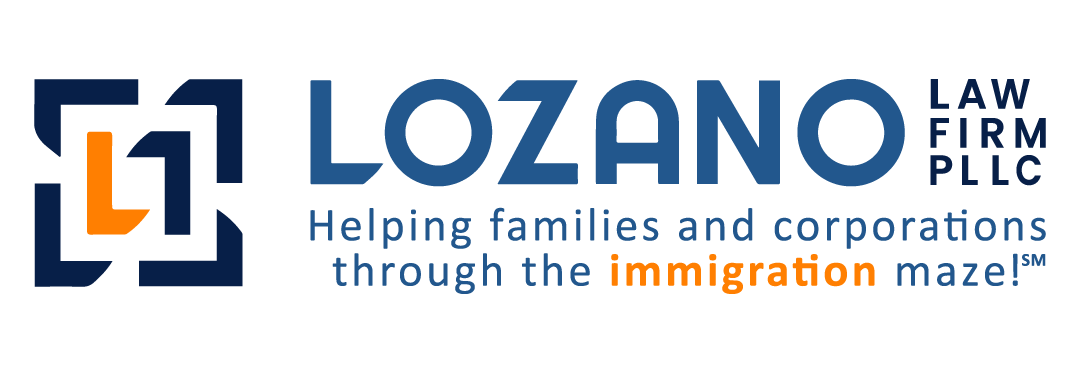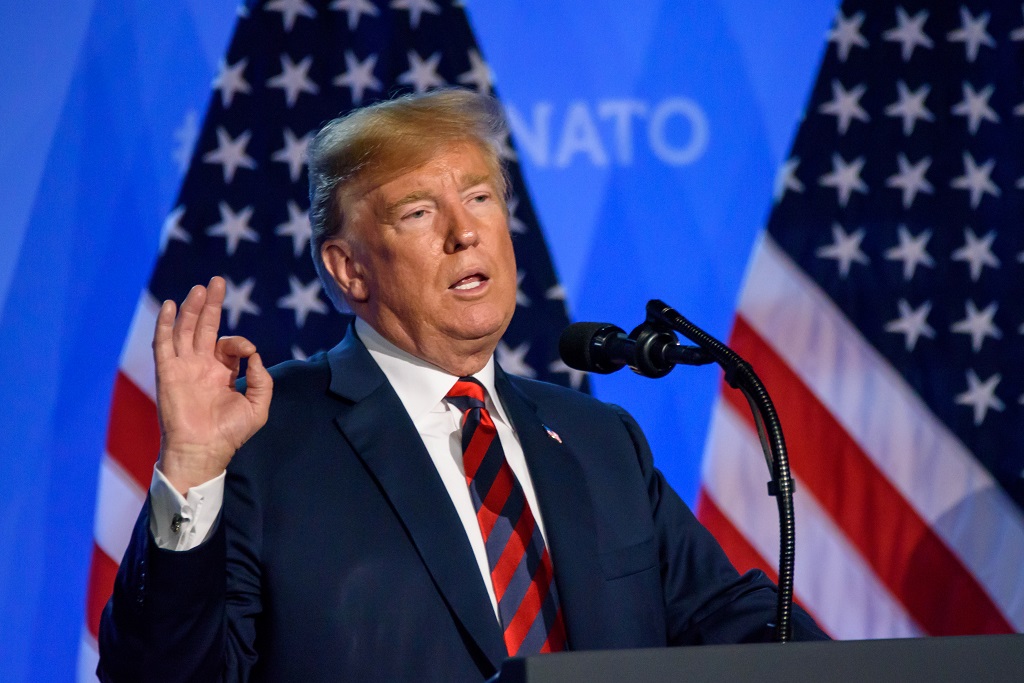Consistent with the president-elect’s view on other immigration issues, Mr. Trump’s thoughts on certain worker Visa programs cast doubt and worry amongst the businesses and workers who currently benefit from them. His policy stance, per his website, states that he will: “Prioritize the jobs, wages and security of the American people,” and “Establish new immigration controls to boost wages and to ensure that open jobs are offered to American workers first.” Though this is arguably one area in which he seems to waiver, his recent selection of Sen. Jeff Sessions – the immigration hardliner from Alabama – for Attorney General indicates certain change in foreign labor hiring processes, especially where H-1B and TN Visas are concerned.
As Senator, Sessions has fought against guest worker programs for both illegal immigrants and Visa programs for foreign workers. He believes that “Legal immigration is the primary source of low-wage immigration into the United States,” and that all immigration should be slowed or temporarily halted.
H-1B Visas
Mr. Trump has admitted that in the past even he has taken advantage of the current laws and used the H-1B Visa program to bring in high-skilled workers. However, shortly after one of many debates, he stated that his administration will “end forever the use of the H-1B as a cheap labor program.” He has further said that even though the law allows for such practices, he believes that the program is “very bad” and “unfair for our workers” and that the program should be ended.
The shared belief between Mr. Trump and Sen. Sessions is that U.S. companies unfairly use the program to bring in foreign labor at lower wages at the expense of American worker.
While it is highly unlikely the H-1B program will go away entirely, requirements for technical skills needed to obtain Visas and application fees could be raised in an attempt to make the option more difficult and less attractive to employers. One change Sen. Sessions has previously posed is to require employers to recruit American workers first before they can hire foreign employees. This is currently the rule for some other types of employment Visas and permanent residency applications, but it is not required for the H-1B.
TN Visas
Mr. Trump has repeatedly said he believes the North Atlantic Free Trade Agreement (NAFTA) is a horrible deal for the U.S. that needs to be renegotiated or undone. Again, his website states his intent to “immediately renegotiate the terms of that agreement to get a better deal for our workers” and to withdraw completely if there is no agreement to renegotiate.
Trump’s current proposals to limit U.S. companies from taking their business elsewhere, like Mexico, include tariffs as high as 35% on goods imported to the U.S. Though such a move would require agreement with congress, he can impose lower tariffs through executive action. He has also proposed taxes on certain businesses that move operations abroad to remove the incentive to leave the U.S. If none of the above seem effective, or if NAFTA countries retaliate or refuse to cooperate, he can pull out of the agreement completely, leaving NAFTA in the dirt.
TN Visas are a part of the NAFTA contract with Mexico and Canada. While to date, Mr. Trump has not specifically mentioned TN Visas in his proposals to limit employment immigration, it can only be assumed that as part of the “despised” NAFTA deal, there is no desire to keep these in place or unchanged. Therefore, if NAFTA goes, the TN Visa goes with it.
Visit our blog next week when we let you know the steps you can take to avoid losing your foreign workers!
BUSINESS OWNERS AND HR MANAGERS: FIND OUT WHERE YOU STAND! Your company’s foreign employees may already qualify for a benefit that you are not aware of yet. If you have never talked to an immigration attorney about your situation before, now is the best time to do so – before the new administration starts making changes that may affect your employees and your business. Contact an experienced, licensed attorney to find out what YOU can do to help your situation. If you would like our assistance, contact our office today at (210) 899-2290 to set up a consultation.

 Thank you for contacting us. Please complete this form and one of our team members will be in touch with you soon.
Thank you for contacting us. Please complete this form and one of our team members will be in touch with you soon.


